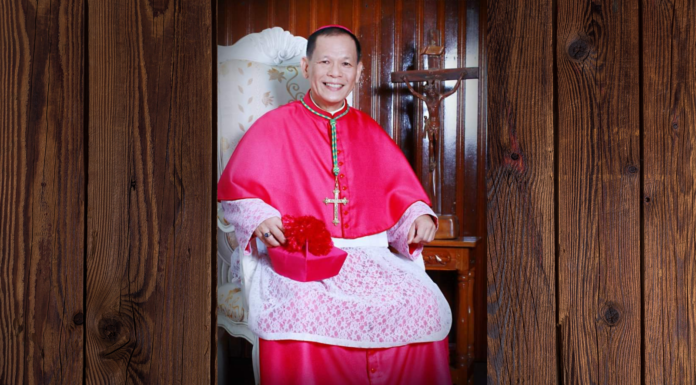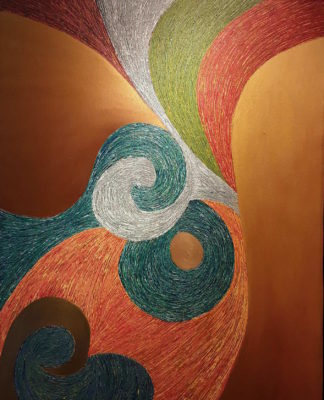South Korean cloning pioneer Woo Suk Hwang’s landmark research on human cloning and stem cell were fabricated, an investigation by a Seoul National University panel revealed.
“We found out that Hwang’s team faked it by splitting the patient’s body cells into two test tubes when they submitted the samples, so the two types of data were bound to be identical,” panel spokesman Jung-Hye Roh told reporters.
The panel concluded that Hwang’s team does not have the scientific data to prove the existence of patient-tailored embryonic stem cells, which can be used for cloning, and has sparked hopes of cures for diseases like Parkinson’s and Alzheimer’s.
The science magazine Newscientist reported that the DNA tests on the original 11 human stem cell lines (from the patient donors) and the supposed set of cloned body cells cell were all negative.
Bioethics Chairman Dr. Edna Monzon of the Faculty of Medicine and Surgery said the serious wrongdoing has “eroded the integrity of science.”
“It was a good thing it [falsification] was discovered early,” Monzon told the Varsitarian.
Last Jan. 12, the journal Science retracted the June 2005 and March 2004 embryonic stem cell papers of Hwang on the basis of the university’s investigation.
Hwang immediately accepted the committee’s report and resigned as a professor from the university. In the midst of the scandal, the 53-year-old cloning pioneer disappeared and was reportedly hospitalized due to stress-related fatigue. Jefferson O. Evalarosa















